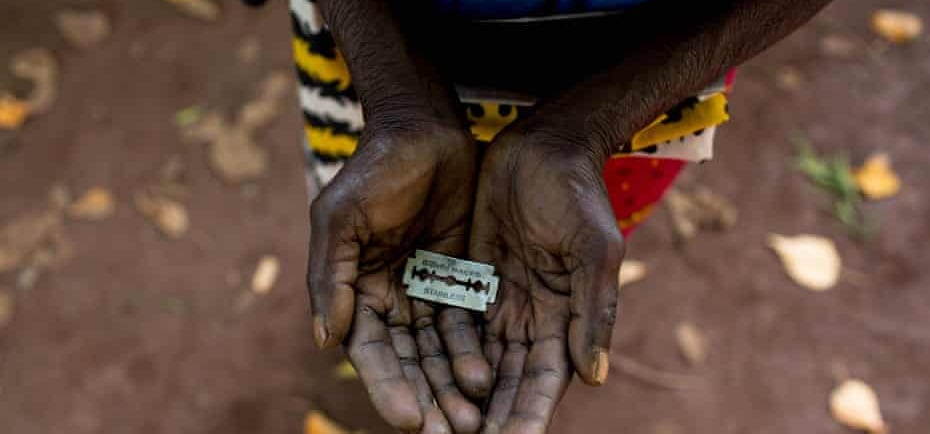Forced Female Genital Mutilation in Liberia: A Case of Generational Obligation and Imminent Risk
5/17/20241 min read


In Liberia, certain families and ethnic communities uphold deeply rooted traditional practices, including Female Genital Mutilation (FGM), as a compulsory rite of passage for girls. Among these, some family structures enforce strict cultural mandates that require every girl child to undergo FGM at the age of eight, regardless of parental consent or the evolving views of modern society.
In this specific case, a family of the kpelle tribe in Liberia maintains that FGM must be performed on every girl child when she has reached her eighth birthday, as a requirement for her social and cultural integration. More concerning is the enforcement of a secondary rule: if the child’s mother has never undergone FGM, she must first be subjected to the ritual herself before the daughter’s ceremony can proceed. This effectively extends the threat of FGM to adult women who previously escaped the practice, binding them into submission by traditional law.
The event is set for October of every year, with family elders and female initiators taking full charge of the preparations. Resistance to this order is viewed as a betrayal of ancestral values and may lead to serious consequences, including social ostracism, spiritual accusations, and threats of violence. In such cases, refusal is rarely tolerated.
Liberia has no national legislation that explicitly bans FGM. While some local jurisdictions have adopted bylaws to discourage or criminalize the act, enforcement is weak, and in rural and traditional settings, such laws are often ignored or deemed inapplicable to cultural matters. The absence of effective legal protection creates an environment in which individuals, especially women and children, cannot rely on the state for safety when threatened by family-sanctioned FGM.
Given the imminent nature of the threat, the lack of state protection, and the inability to internally relocate without detection or reprisal, the affected individuals in this case face serious risks to their health, dignity, and bodily autonomy. Forced FGM constitutes a serious human rights violation under international law and meets the threshold for persecution as defined under the 1951 Refugee Convention.
